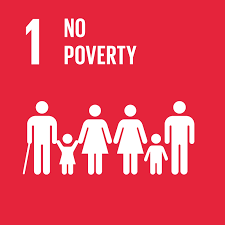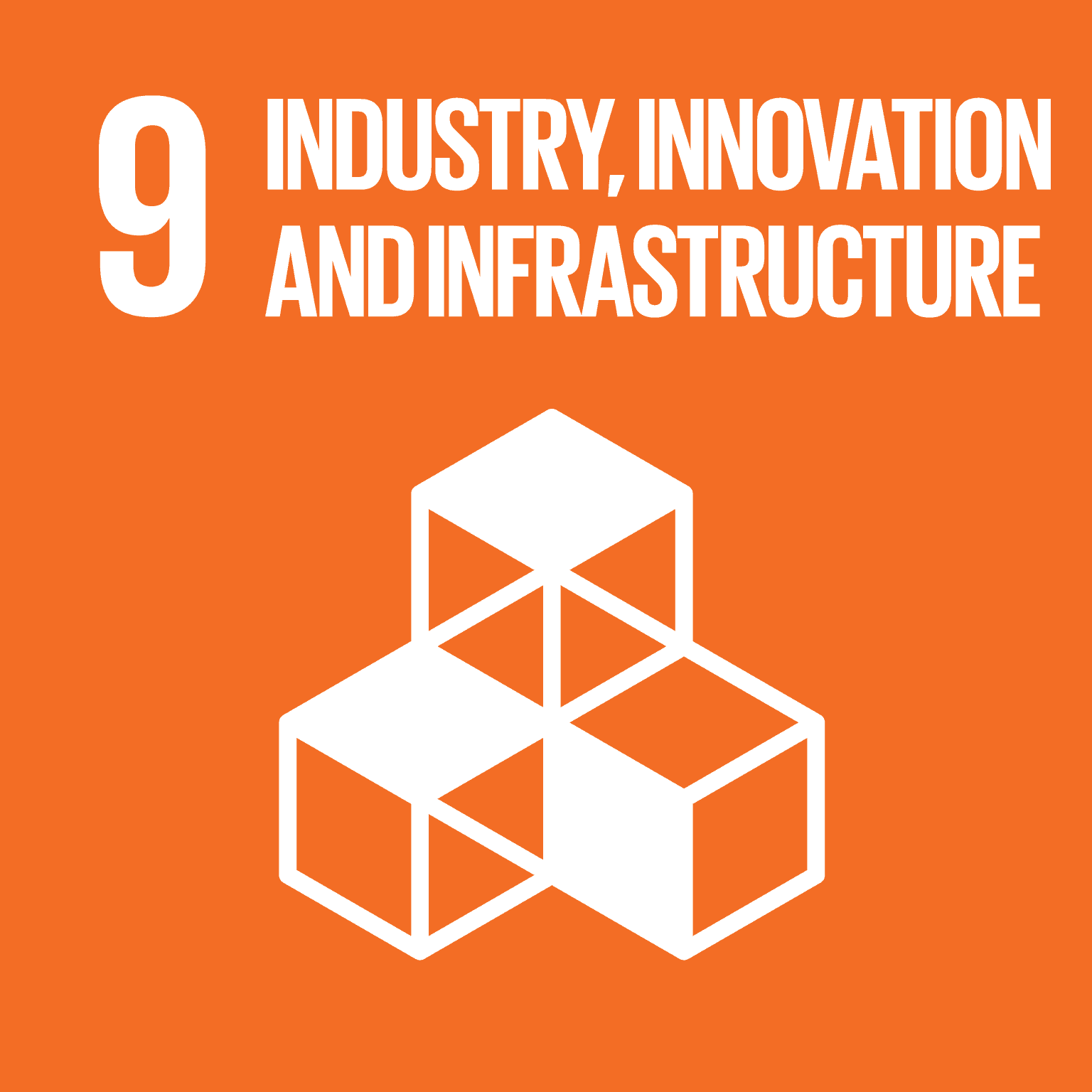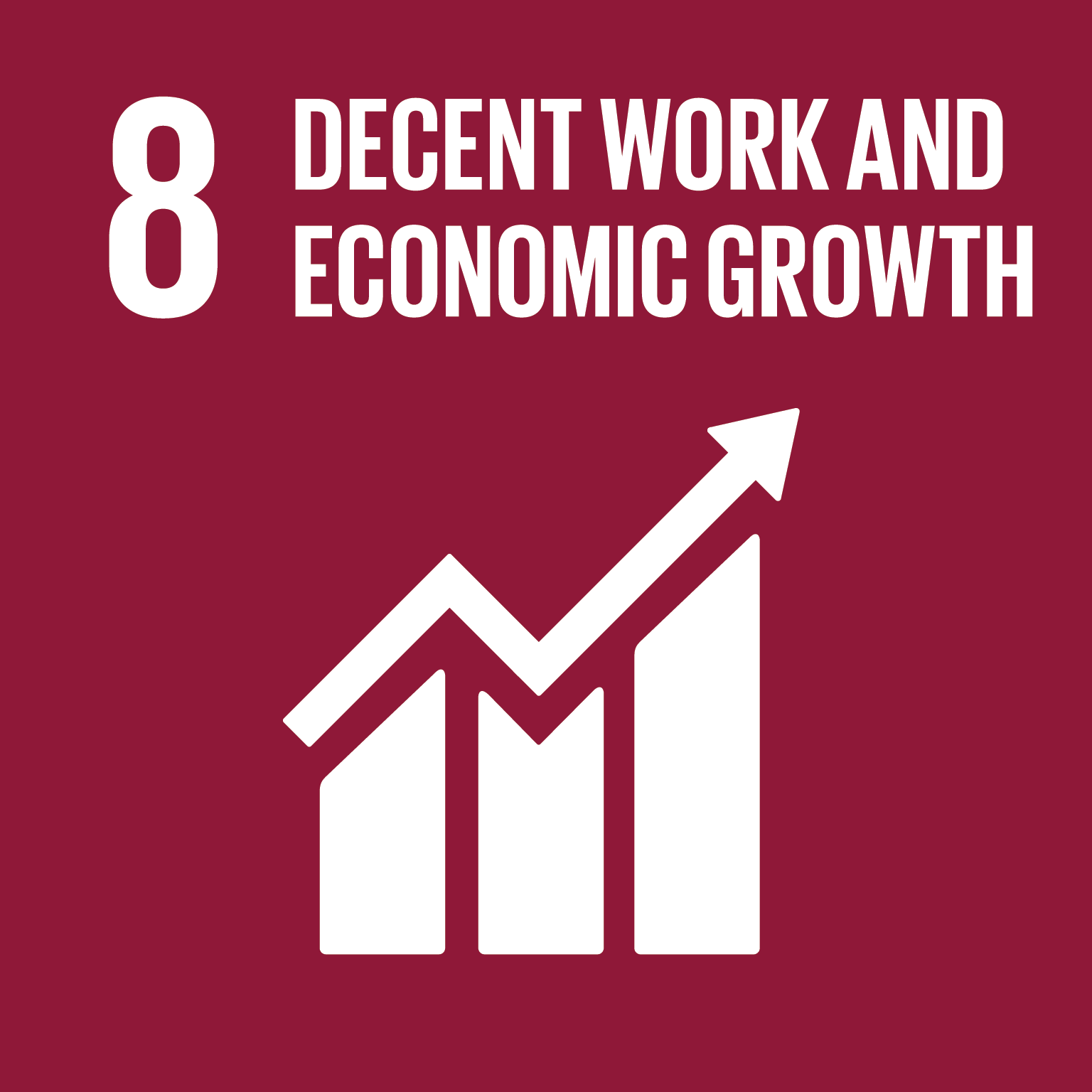Comprehensive Social Protection Reform Support Programme
Using experiences and best practices from Latin America for social protection reform implementation in the Arab Region
Challenges
The countries of the Arab region – while being mostly heterogenous in their socio-economic and demographic contexts and conditions – continuously aim to reform their social protection systems and programmes in line with the SDGs. These reforms, in large part, either reflect changing macro-economic conditions that necessitate greater efficiency of social protection spending (e.g., in oil-producing countries) and/or an enhanced understanding of vulnerabilities, for example those related to life-cycle risks, like ill-health and old age of informal workers, etc. Such changes and realizations require additional efforts by governments to enhance the effectiveness of their social protection programmes.
The challenges these countries face in identifying reforms needed in social protection programme design, delivery mechanisms and organizational set-up, and related reform pathways, are not unique. Establishing comprehensive, standardized country profiles of social protection systems and reforms taking place in Arab region countries enables cross-country and cross-regional learning to inspire identification of reform options and helps identify ways to address specific social protection implementation bottlenecks.
In addition, the process of developing such a comprehensive, high-resolution picture of a country’s current social protection system along the lines of a template shaped by best practices from the global south has the potential to trigger broader systemic reforms and can shift the perception of social assistance being a “lost” social expenditure to being a productive investment in a country’s human capital.
Peer-to-peer exchange between social policymakers and programme managers from different countries and regions has the potential to significantly catalyse progress towards reforming social protection systems, changing them from merely cushioning the socio-economic fall-out of internal and external shocks to becoming key building blocks of an integrated economic and social policy, that intentionally tries to reduce income inequalities and promote economic growth.
Towards a Solution
The Comprehensive Social Protection Reform Support Programme, implemented by the United Nations Economic and Social Commission for Western Asia (ESCWA), engages the Arab region in South-South cooperation with Latin American countries and institutions, among others, to identify best practices, experiences and expertise available in these regions and use these conceptionally and practically to provide technical support to ESCWA’s 20 member states. This programme hopes to catalyse greater social protection inclusiveness at the systems level (for example by extending social protection coverage beyond the poorest of the poor) and stronger integration of social protection at the programme level by exploring efficiency gains during implementation phases. This approach ultimately will support country efforts to accelerate achievement of SDG 1.3 (implement social protection systems) and SDG 10.4 (equal access to ownership, basic services, technology and economic resources).
For its implementation, the programme collaborates with the International Policy Centre for Inclusive Growth (IPC-IG), which is jointly established and financed by UNDP Brazil and the Brazilian Government via its Ministry of Foreign Affairs. ESCWA and IPC-IG have been collaborating since late 2021 on two workstreams, as described below.
- A standardized template is being created for collecting detailed and comparable social protection system and reform information from ESCWA member states. The template – which will ultimately produce country profiles – will not just offer a detailed picture of the status quo of a country’s social protection system and its components across design, delivery mechanism and organizational set-up, it will also guide authors, who are government officials in collaboration with local experts, to identify and propose recommendations for reform needs and related options. The county profiles will benefit from IPC-IG’s rich experience in developing social protection country profiles and from wider Latin American experiences in planning and implementing social protection reforms.
- The programme is collaborating with UNICEF to make existing online micro-courses developed by IPC-IG on social protection (on the basics of social protection, adaptive social protection, integrated information systems, social protection programming and social protection for rural communities) available for the Arabic-speaking world. UNICEF arranges for translation of the English versions into Arabic via a commercial provider and ESCWA conducts a technical review of the translations to ensure the accurate and consistent use of the appropriate technical terminology in Arabic.
In regard to South-South cooperation, the programme draws directly from Latin America’s practical experiences and best practices in social protection programming developed in Latin American countries. Countries of the Latin America region have been pioneers in developing innovative solutions to effectively and efficiently extend social protection to vulnerable groups and are sharing this knowledge with ESCWA member States.
For example, to support Egypt’s Ministry of Social Solidarity to enhance the effectiveness of its national conditional cash transfer programme, the programme is establishing peer-to-peer learning events, among others, with Chile’s Ministry of Social Development and Family. Chile’s national conditional cash transfer programme, Ingreso Ético Familiar (Family Ethical Income), is considered to be the global best practice for effective referral arrangements and case management of beneficiaries. This approach is of relevance to Egypt’s flagship programme to reduce inequality, for instance in terms of access to education and health services.
Peer-to-peer exchanges are also planned with Indonesia’s Ministry of Social Affairs, which implements the national conditional cash transfer programme in that country. The conditional cash transfer programme features a comprehensive implementation manual, which contributes greatly to standardized implementation of the programme across the archipelago. The approach therefore could also be of relevance for large (geographically and in terms of number of beneficiaries and implementation staff) programmes, like Takaful and Karama.
Peer-to-peer experiences, arranged by ESCWA, between Jordan’s National Aid Fund and experts from Kuwait’s Ministry of Social Affairs on effective and efficient beneficiary identification and registration and on effective social assistance grievance redress mechanisms have been successfully implemented (see pictures below). Targeted peer-to-peer exchanges to address specific implementation and reform bottlenecks have been agreed upon with Egypt’s Ministry of Social Solidarity (addressing effectiveness of the cash transfer programme’s conditionality implementation) and Jordan’s Ministry of Planning and International Cooperation (addressing extension of social health insurance to informal and unemployed workers).
In terms of sustainability, the act of undertaking this programme in itself has the potential to trigger initial stimuli for change and reform, which can be followed up independently by the participating countries. For example, following a first successful visit of experts from Kuwait’s Ministry of Social Affairs to Jordan’s National Aid Fund, the two parties agreed to arrange for future exchanges.
The template for gathering data on social protection systems and reforms is universal and can be replicated and adapted for other regions, and it can be used, for example, for capacity development purposes.
Contact Information
Marco Schaefer, Chief of Social Protection Section, ESCWA
Countries involved
Algeria, Bahrain, Chile, Egypt, Indonesia, Iraq, Jordan, Kuwait, Lebanon, Libya, Mauritania, Morocco, Oman, Philippines, Qatar, Saudi Arabia, Somalia, State of Palestine, Sudan, Syrian Arab Republic, Tunisia, United Arab Emirates
Nominated By
No Organization
Supported By
ESCWA, International Policy Centre for Inclusive Growth (IPC-IG)
Implementing Entities
ESCWA, Member State representatives, IPC-IG
Project Status
Ongoing
Project Period
10/2021 - 10/2026
URL of the practice
www.unescwa.org/reforming-social-protection-systemsPrimary SDG
01 - No Poverty
Secondary SDGs
10 - Reduced Inequalities
Primary SDG Targets
1.3Similar Solutions







